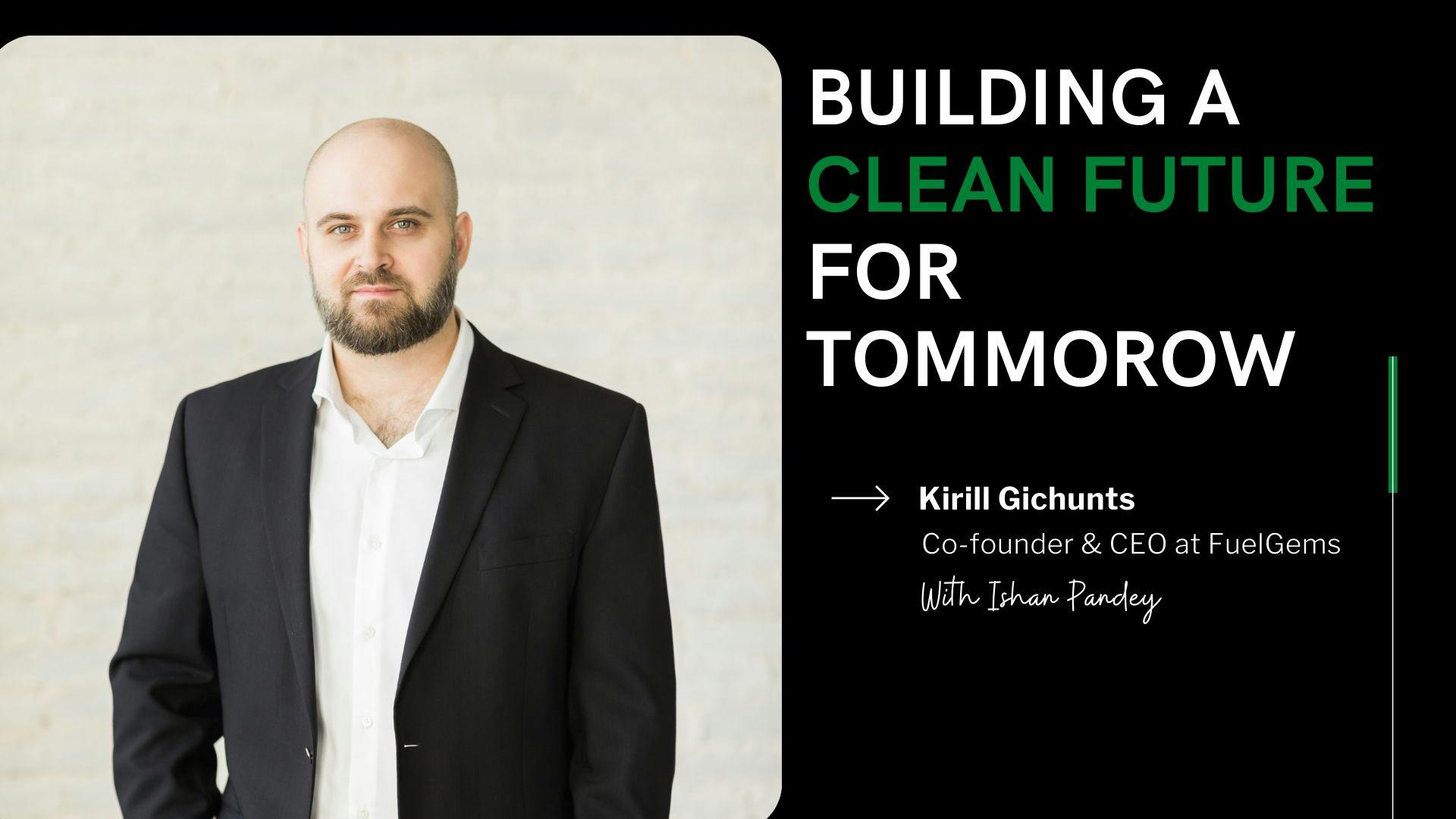435 reads
Why Nanoparticle Technology is the Key for a Clean Future with Kirill Gichunts, CEO at FuelGems
by
February 14th, 2021

Building and Covering the latest events, insights and views in the AI and Web3 ecosystem.
About Author
Building and Covering the latest events, insights and views in the AI and Web3 ecosystem.
